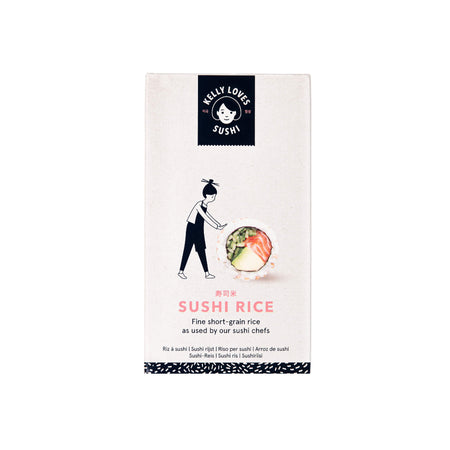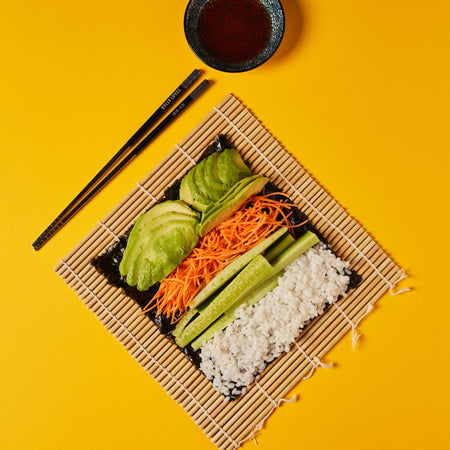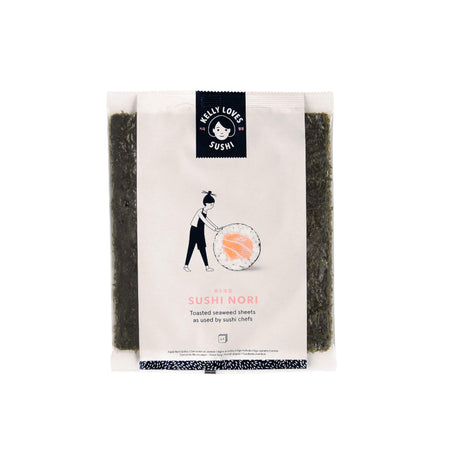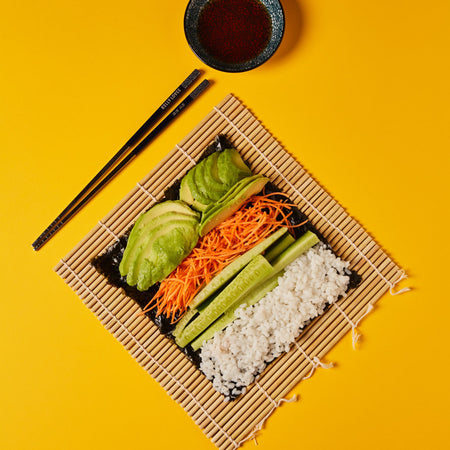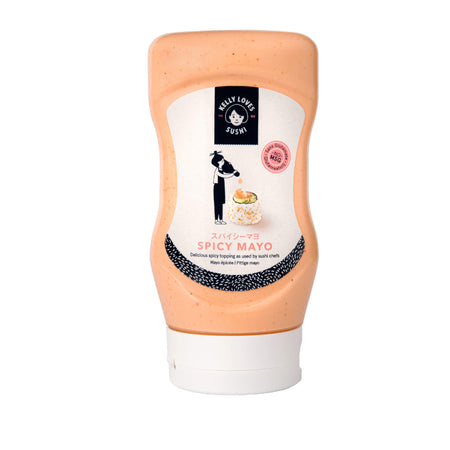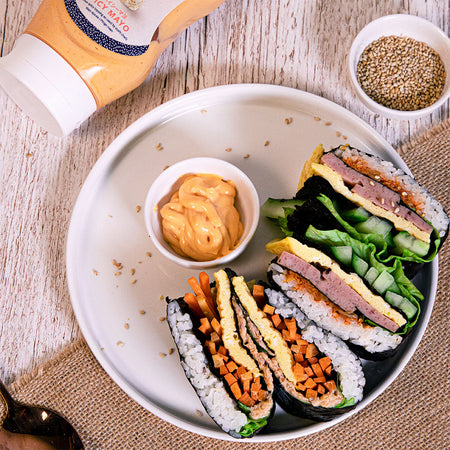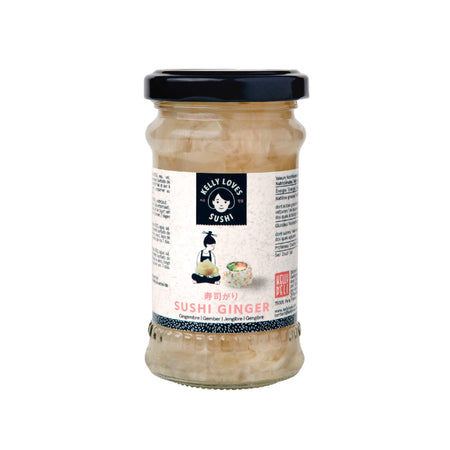What are the health benefits of nori?
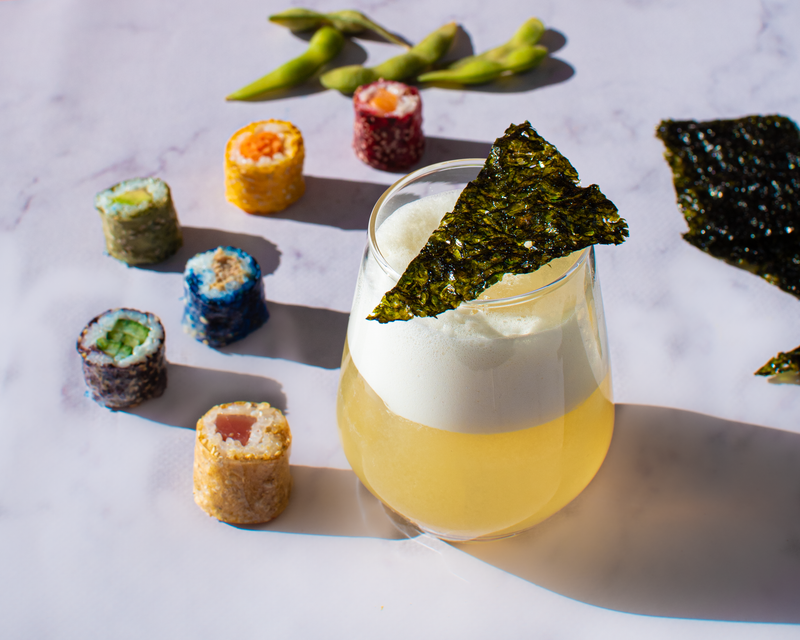
Seaweed is a staple food in countries like Korea and Japan. In Korea, nori is given to new mothers for weeks after childbirth to help to heal and re-energise the body. In fact, nori (pyropia yezoensis) has a high nutritional value for us all: enriched with vitamins and up to 25–30% protein by dry weight. Read on to find out more about nori’s impressive nutritional profile and how you can add more of it to your diet.
What are the nutritional benefits of nori?
High in iodine and tyrosine
Your thyroid gland needs iodine and tyrosine (an amino acid) to function correctly and nori is high in both of them. The thyroid gland has a lot of responsibility, it’s busy releasing hormones to regulate the body's metabolic rate, controlling the heart, muscle and digestive functions, as well as bone maintenance and brain development. Nori absorbs concentrated quantities of iodine from the seawater. Without enough iodine, you can experience fatigue, neck swelling or weight changes. Nori deserves to show-off about its high iodine content because iodine is missing in almost every other food and nori has it in a concentrated amount!
Contains vitamins and minerals
Nori is rather unassuming, it doesn’t exactly make itself known (like its bold friend wasabi, for example). So you may not have considered it as its own entity if you only use nori sheets for rolling sushi. But there’s a lot to brag about. Nori can actually contain up to ten times more calcium than milk. And the vitamins and minerals it contains read like the long, squinty-print list on the back of a multivitamin supplement. Nutrients cover: iron, potassium, zinc, copper, manganese, phosphorus, magnesium and selenium amongst others. Nori also contains vitamins A, B, C (helping absorb all the iron content), D, E and K, as well as folic acid, taurine and niacin. And that’s not all: also included are polyphenols (like flavonoids and carotenoids) and other phytonutrients. At this point, you might wonder what nutrients it doesn’t contain!
Supports gut health
Nori is high in dietary fibre, namely polysaccharides. This type of fibre behaves like a prebiotic, promoting microbes for a healthy gut. We need these gut microbes for a healthy immune system and to help us absorb nutrients. Your gut bacteria can also produce chemicals that make you feel full, which can help if you are looking to lose weight. As they say, a happy gut equals a happy life.
Rich in antioxidants
Antioxidants are molecules that fight free radicals in your body. Large amounts of free radicals are linked to multiple illnesses, including cancer, heart disease and diabetes. Nori contains antioxidant vitamins A, C and E as well as carotenoids and flavonoids which protect your body’s cells from free radical damage.
Helps balance blood sugar levels
Studies have found that including seaweed as part of a healthy diet may support diabetes management and potentially reduce the risk of type 2 diabetes. This is partly due to the fucoxanthin and carotenoid compounds, which help to control blood sugar by reducing insulin resistance.
Improves heart health
Nori contains essential fatty acids which are said to reduce the risk of atherosclerosis (a disease characterised by the deposition of fatty material in the arteries) and thrombosis (clotting or coagulation of the blood in a part of the circulatory system). Nori also contains carbohydrates called fucans, which may help prevent blood from clotting. Heart disease can be caused by excessive blood clotting.
Can too much nori be bad for you?
Although there’s no doubt that nori is a nutritious powerhouse, consuming excessive amounts can have negative side effects and some people should avoid it. Nori is high in potassium. Some medications work by raising potassium levels, so chat to your GP if you’re unsure as it just might mean you should limit the quantity of nori you eat. Some medications are blood thinning, so again, ask your GP, as they may require you to monitor foods high in vitamin-K, such as nori. And although the iodine in nori supports your thyroid function, too much iodine can harm it.
Seaweed may also have soaked up heavy metals if it has not been sourced from clean waters, so you need to check that you are buying good quality nori. Kelly Loves nori sheets are exceptionally high-quality — the same toasted nori sheets used by sushi chefs, and by the chefs in our Sushi Daily kiosk.
How can you add nori into your diet?
✔Spread some hummus, organic peanut butter or cream cheese on some nori snacks for a protein boost (or eat them plain, they are just as delicious!)
✔ Make your own homemade sushi rolls — load up some temaki
✔ For an authentic taste of Korea, try wasabi crispy nori snacks, the perfect accompaniment to an iced green tea
✔Fill a nori wrap with different combinations. Try sweet potato, avocado and quinoa
✔ Sprinkle crushed up crispy nori snacks over soups and salads. If you usually add salt to dishes, this can help you to reduce the amount of salt you usually add.
✔ Look up some nori recipes (like Korean seaweed rice balls) and have some fun trying them out
Why is it that so many snacks we eat, such as crisps and chocolate, are unhealthy? Well, they taste good to many, but also they are readily available. Nori can be used to replace many of the unhealthy snacks we are drawn to because crispy nori snacks have that same moreish quality. They are also convenient and you can order authentic, restaurant-quality nori in bulk, (on next day delivery if you wish!) through Kelly Loves.
The health benefits of eating nori are clear to see, so for the optimal health advantage, eat nori regularly, in small amounts. Perfect in snack packs, sushi rolls and sprinkled over noodles, rice and soup dishes.
